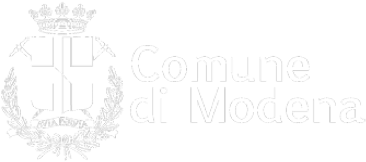Museo di Nonantola - Torre dei Bolognesi
The museum traces the history of the territory through a journey backward in time across the tower’s four floors, culminating on the fifth floor. From the Belvedere at 38 meters in height, visitors can admire the surrounding panorama from all cardinal points.
On the ground floor, there is the exhibition "The Jewish Children of Villa Emma in Nonantola: 1942-1943", which tells the story of the 73 Jewish children saved during World War II.
The first and second floors depict the face of Nonantola in the 19th and 20th centuries, with particular attention to the history of the Partecipanza Agraria, a form of collective land management that originated in the Middle Ages.
The third floor is dedicated to the medieval period, with a strong focus on archaeology. Here, the evolution of the Nonantola village is traced, beginning with its foundation around the monastery of San Silvestro, established in 752 by the Lombard Anselmo. The history of the main medieval monuments is told through virtual reconstructions, models, and artifacts from archaeological excavations carried out in the historic center and the abbey complex.
Finally, on the fourth floor, the archaeological section dedicated to the earliest periods illustrates the history of Nonantola from the Bronze Age to the Roman era.
4o mini
Opening hours
Tuesday - Friday: 9:30 AM - 12:30 PM
Saturday, Sunday, and holidays: 9:30 AM - 12:30 PM and 3:30 PM - 6:30 PM
Open during all holidays, including Christmas, St. Stephen's Day, New Year's Day, Easter, and Easter Monday.
From June 1st to September 30th, also open on Friday afternoons from 3:30 PM to 6:30 PM.
Closed: Mondays, August 15th, and December 31st.
During opening hours, the museum also serves as a TOURIST INFORMATION POINT.
Tickets and admission
Free entrance










